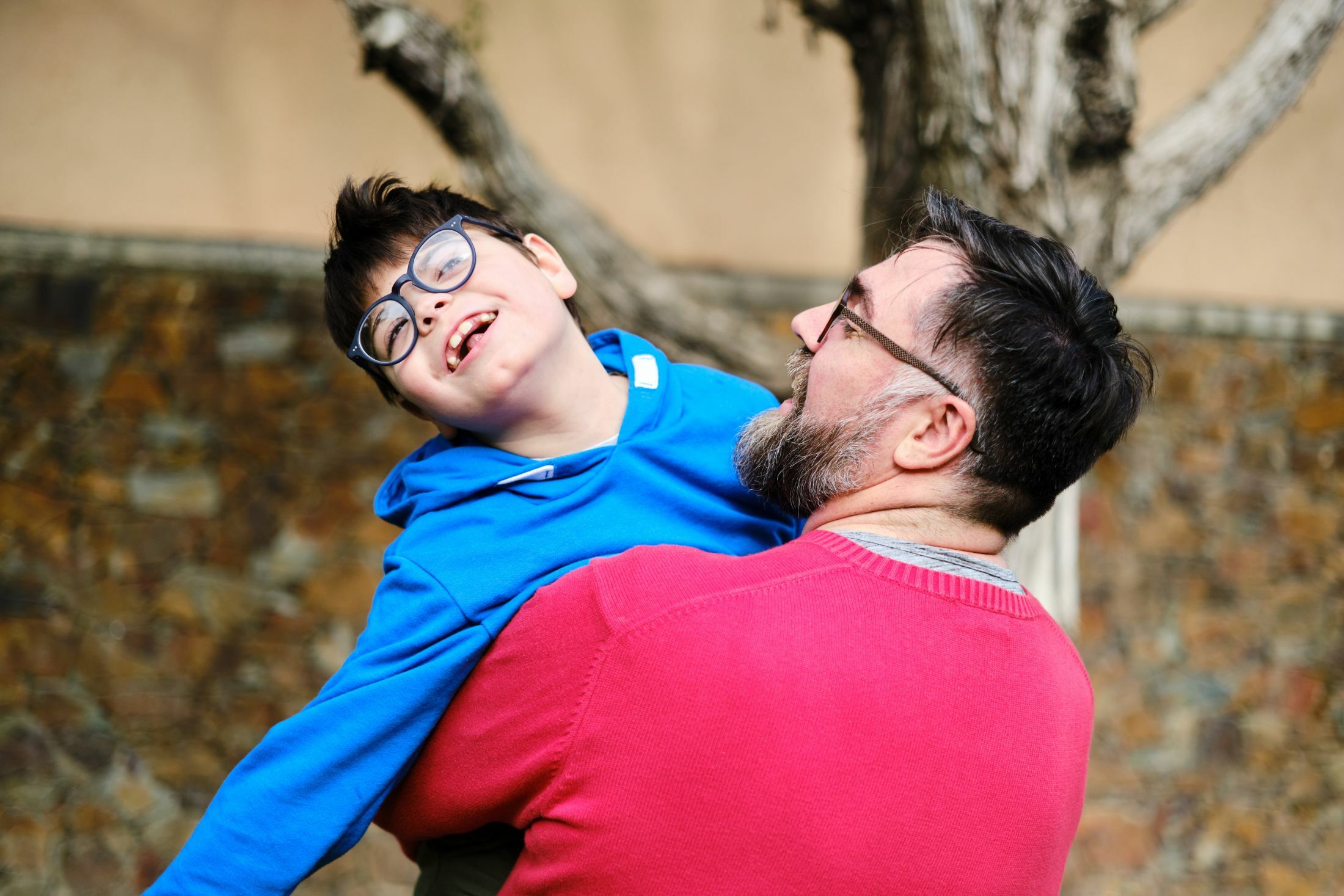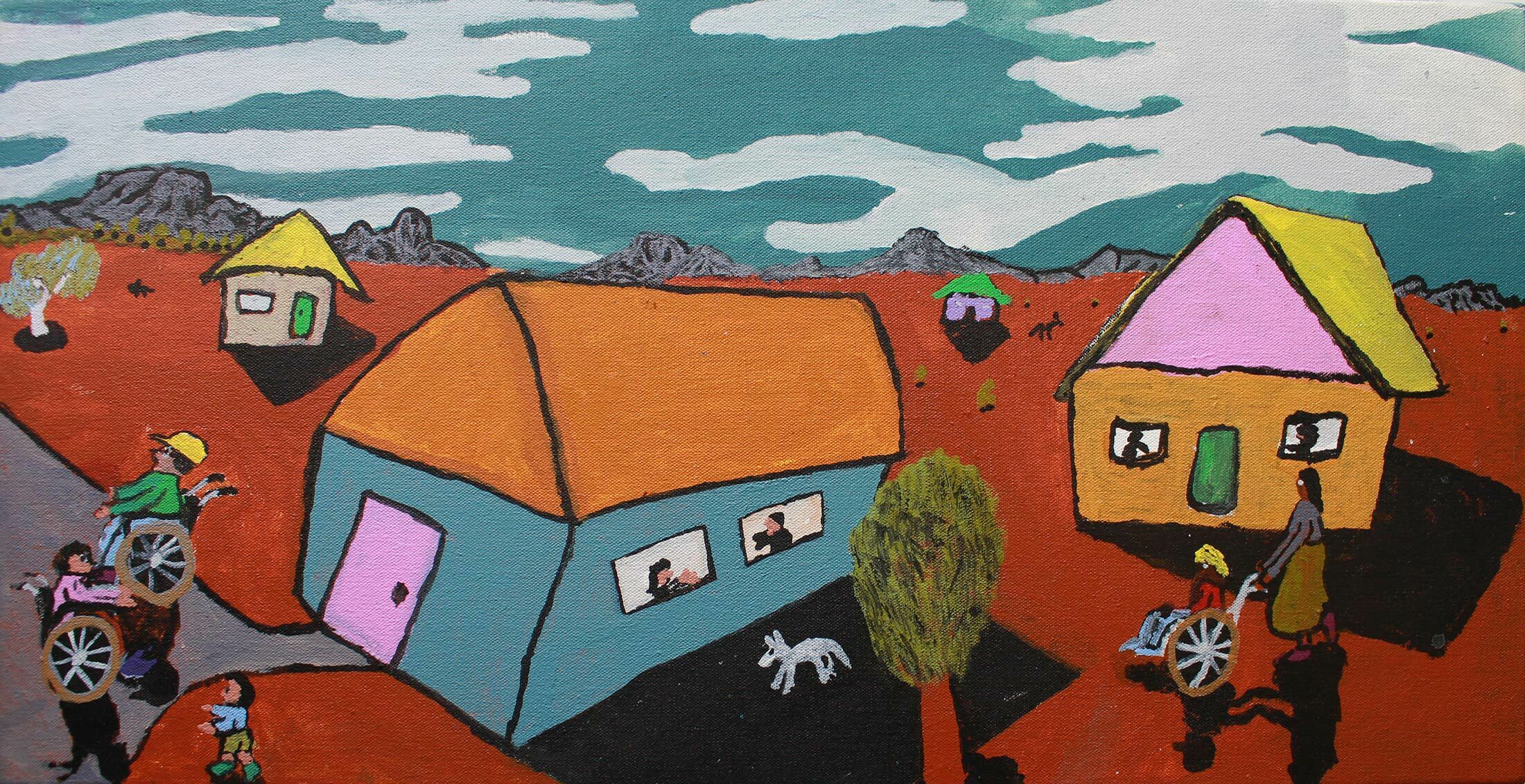
Our Research
Our training program is based on interviews and focus groups with 87 people, including 55 people with disability, of which 25 had a support person beside them speaking with or on their behalf, 10 guardians and advocates, and 22 workers. Over half (56%) of people with disability in our sample identified as Aboriginal and Torres Strait Islander.
While the NDIA has come a long way in providing accessible information on its website for people with disability, accessing this information and making meaning from it may still be difficult for some people living in regional, rural and remote Australia. Formal, family, and individual advocacy played a significant role in being able to access and provide information as part of the NDIS planning process. Innovation is needed in how that information is used to explain it to people in a way that they can understand.

We also found that there was a lack of training and sensitivity for workers across several areas associated with the regional, rural, and remote context. These include knowledge and understanding of geography, service availability, and culturally safe and responsive practices for Aboriginal people with disability. When coupled with insensitive attitudes, quality and values of workers, people with disabilities reported a negative impact on their social emotional well-being.
Based on what people told us, we found ten unique perspectives and needs in the planning process. Watch this video to hear about these needs.
